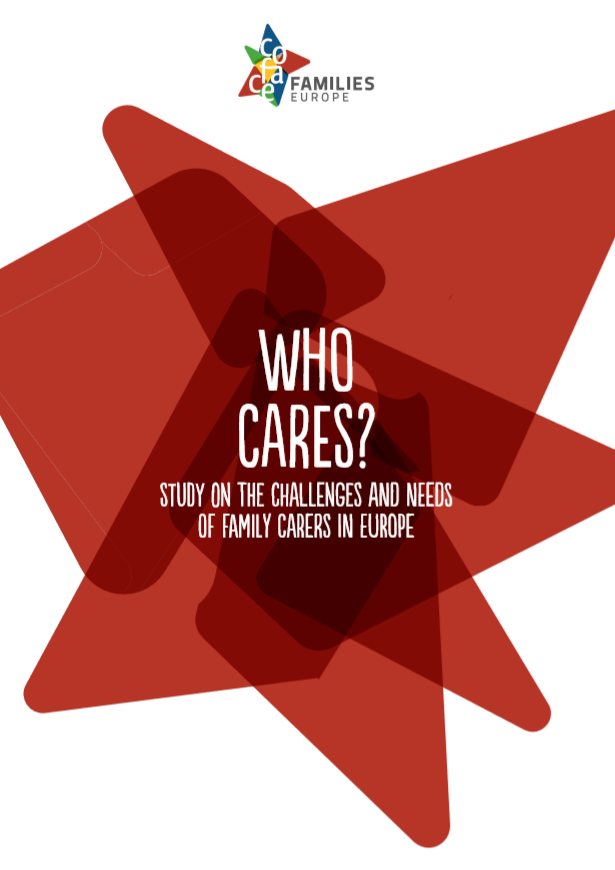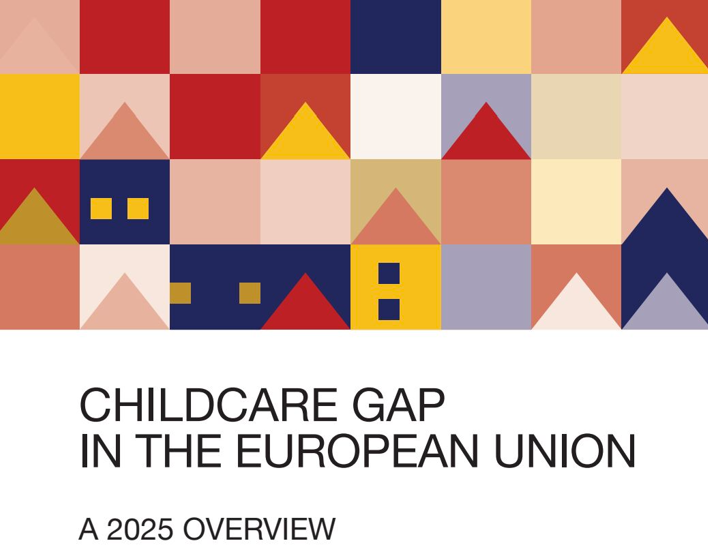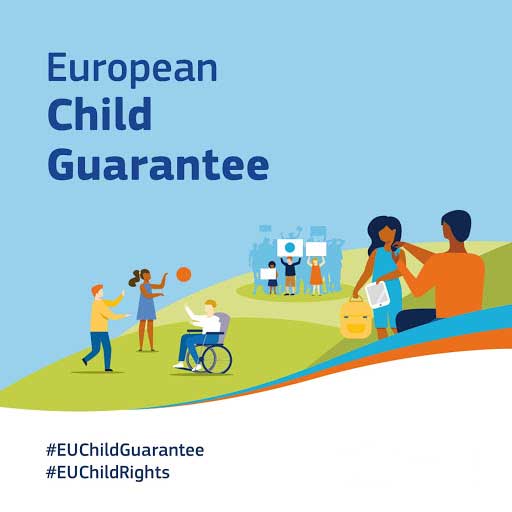Results of the COFACE Families Europe stocktaking study on the challenges and needs of family carers in Europe
With more than 1,000 answers from family carers across 16 European countries, the report ‘Who cares? Study on the challenges and needs of family carers in Europe’ provides a better understanding of the situation in Europe and offers policy recommendations directly from family carers to better meet their needs and tackle their social exclusion. Family carers fill and important gap in social care provision and provide support to their disabled, or older relatives, or to their children with chronic disease, or complex needs.
One thing is clear: the current situation, in which 80% of care work in Europe falls on family carers, who are left without adequate financial compensation, social rights, or a pension scheme, is simply not sustainable.
85% of carers are women and 1 out of 3 respondents provides highly intense care of more than 56 hours per week. Family carers are Europe’s invisible workforce representing one of the most silenced, socially excluded groups. More than 70% of the respondents do not receive any financial compensation for their work and almost two thirds do not have access to any kind of social benefits. Furthermore, poverty is a big threat for carers: 1 of every 3 respondents stated that they had difficulties to make ends meet as a consequence of their caring role. Since there are often no flexible time arrangements in place at work, many family carers faced challenges in reconciling work with care, and had to leave their job or reduce their working hours.
Meeting the needs of family carers through targeted measures is necessary in all European countries, since no country stood out with providing adequate support. Investment in 21st century community-based support services and family support measures, with special regard to work-life balance policies, would contribute greatly to the social inclusion and well-being of all families. The recently proposed Work-Life Balance Directive under the European Pillar of Social Rights is a good first step towards this direction and therefore COFACE Families Europe advocates for its swift adoption.
Download here the study on the challenges and needs of family carers in Europe in English and French.
Hashtag of the publication: #FamilyCarersEU





